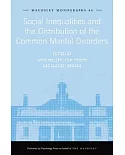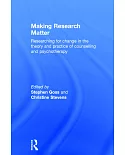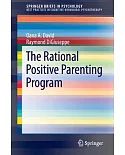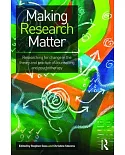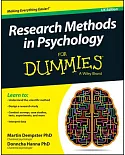Research Methods for Environmental Psychology is the first new book covering research methods in environmental psychology in over 25 years, bringing the subject completely up to date with
coverage of the latest methodology. Environmental psychology is an applied field, whose practitioners are interested both in assessment and in application; these dual interests are covered
thoroughly in this timely book which comprehensively surveys the research and application methods for studying, changing, and improving human attitudes, behavior, and well-being in relation to
the physical environment.
Under the expert guidance of Robert Gifford, a range of leading contributors provide chapters on the full spectrum of methods in the field, from those for fundamental processes such as spatial
cognition and environmental perception to those for environmental psychological approaches to planning; designing and evaluating built environments; experimental design for environmental
psychology; qualitative methods for understanding perceptions of the environment; action research; simulations of buildings and resource management dilemmas; surveys and questionnaires for
environment and behavior, and intervention techniques and advanced statistical techniques.
Gathering together all the important approaches to investigating and improving the connection between people and their physical world, the text is an invaluable guide for those studying and
working in the field.
Robert Gifford is Professor of Psychology and Environmental Studies at the University of Victoria, Canada. Dr. Gifford is the author of over 120 refereed publications and book chapters and five
editions of the textbook Environmental Psychology: Principles and Practice (5th edition, 2014). As well as being the editor of the Journal of Environmental Psychology, he serves on the
editorial board of Applied Psychology, Architectural Science Review, and Global Environmental Change.




